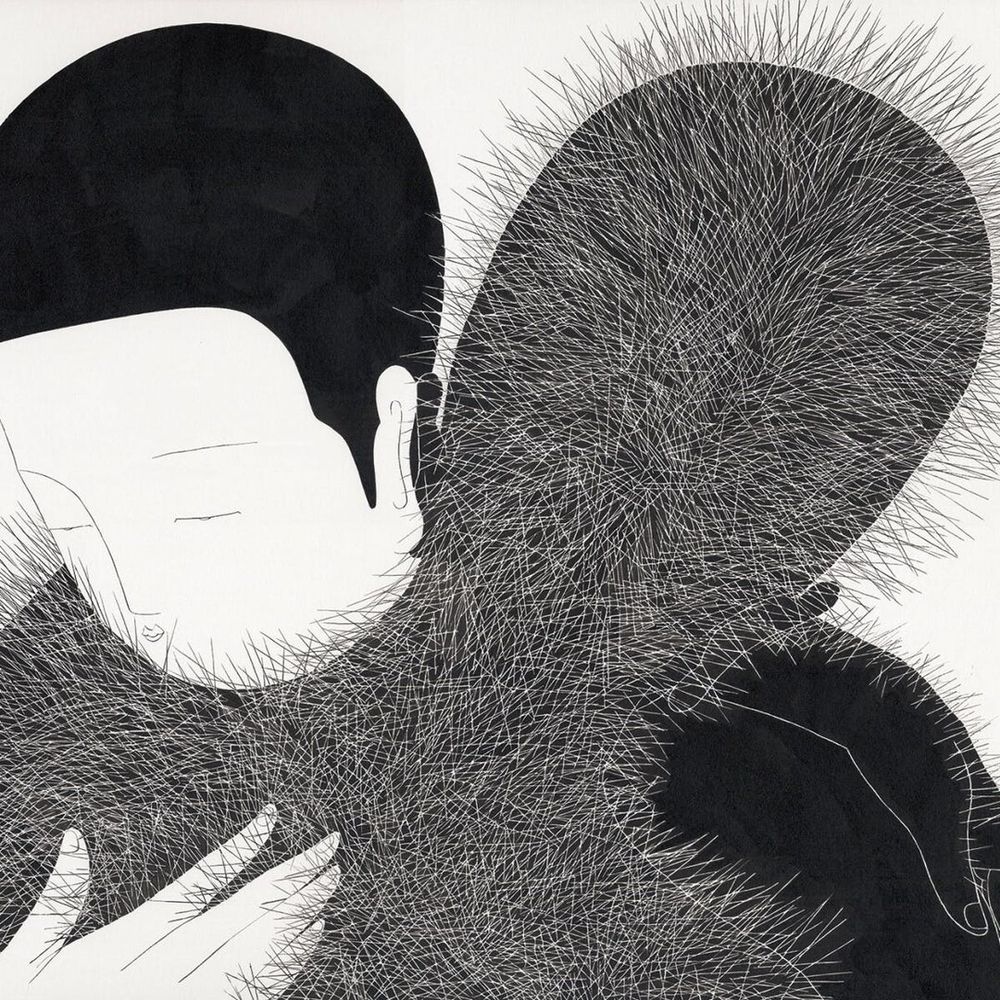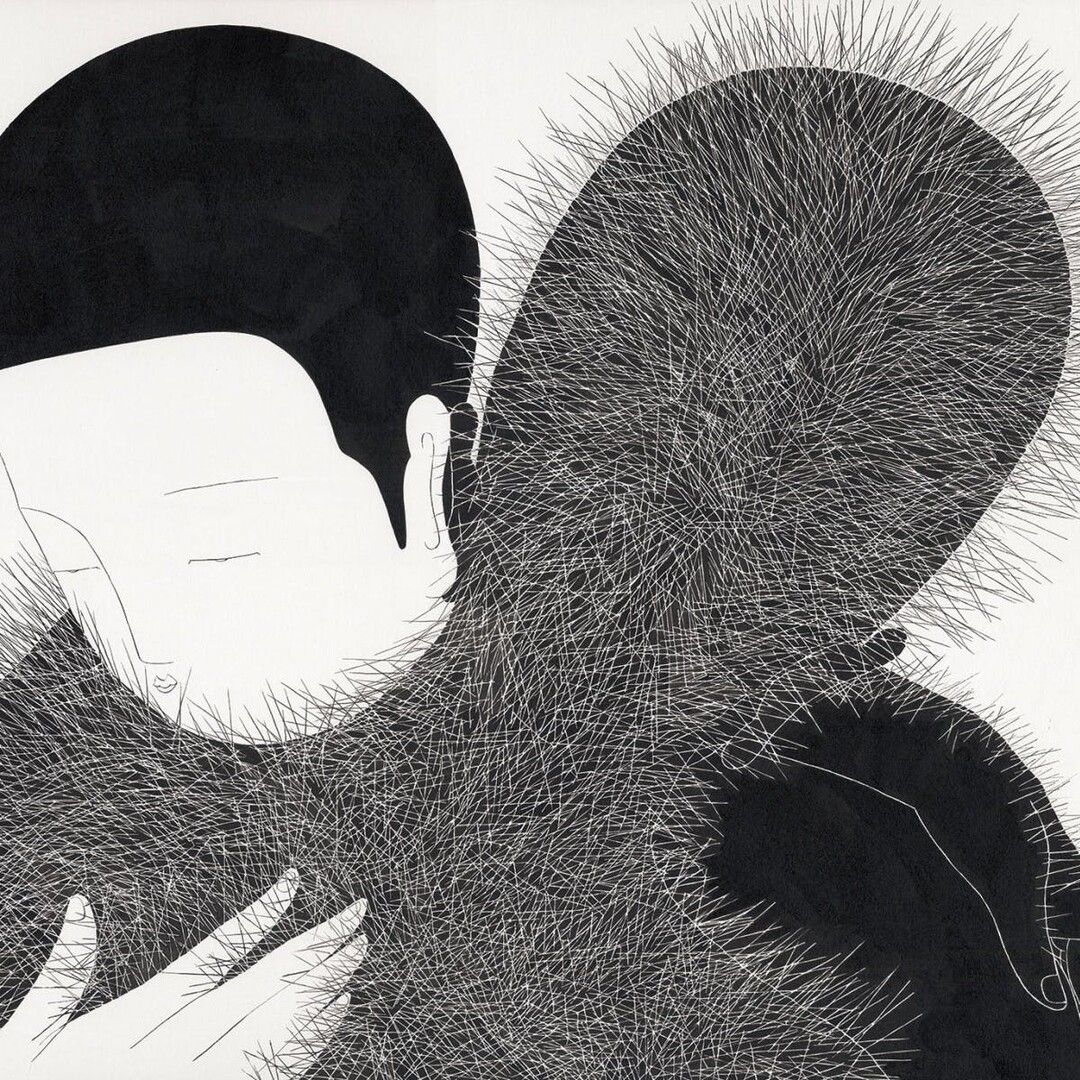Why hug a cactus?
When Robert Downey Jr. was awarded by the American Cinematheque, he chose his friend Mel Gibson to present the award and said: "When I couldn’t get sober, he told me not to give up hope, and he urged me to find my faith. It didn’t have to be his faith or anyone else’s, as long as it was rooted in forgiveness. And I couldn’t get hired, so he cast me as the lead in a movie that was actually developed for him. He kept a roof over my head, and he kept food on the table. And most importantly, he said if I accepted responsibility for my wrongdoings and if I embraced that part of my soul that was ugly — “hugging the cactus” he calls it — he said that if I “hugged the cactus” long enough, I’d become a man of some humility and that my life would take on a new meaning. And I did, and it worked."

Addiction to anything, whether it's alcohol, gambling, anger, or anxiety, is dangerous in its inexhaustibility. No matter how hard you fight it, it will always remain with you and wait for your vigilance to lapse. The insatiable need will never be satisfied, because there is no bottom to pleasure. When something cannot be eliminated, but it is impossible to live with it, what remains? In Theory of Inventive Problem Solving (TRIZ), there is such a maxim: "Let the harmful factor start bringing benefit...". But to extract benefit from a hated factor, one must stop hating it. It a catch-22.
From the psychotherapeutic practice of Focusing, I once learned that there is a third way — to be close to the "source of evil". This means to be located at the closest, but tolerable distance from it, to study it carefully and with genuine interest. If you hug the cactus long enough in this way, then in addition to the obvious negative qualities, something else will inevitably manifest. There is a favorable side to any phenomenon, even when the very thought of it seems sacrilegious to a person. Following the surprise of discovering new properties, the perception of the phenomenon becomes more holistic. By being both harmful and potentially beneficial, the complexity of the factor evokes, if not sympathy, then certainly interest. As you master and integrate it, what stubbornly tried to destroy you for years becomes your faithful guard dog, obediently waiting for the owner's command: "Bite!". Such an ideal is worth the effort, isn't it?

